Elizabeth Eaton
Science Writing Intern, Spring 2017
Elizabeth S. Eaton is a former Science News intern and a freelance science writer.

Trustworthy journalism comes at a price.
Scientists and journalists share a core belief in questioning, observing and verifying to reach the truth. Science News reports on crucial research and discovery across science disciplines. We need your financial support to make it happen – every contribution makes a difference.
All Stories by Elizabeth Eaton
-
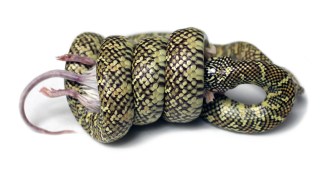 Ecosystems
EcosystemsA king snake’s strength is in its squeeze
King snakes feast on other, larger snakes, perhaps thanks to superior constricting abilities, new research suggests.
-
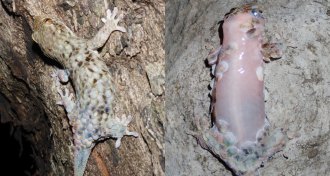 Animals
AnimalsDetachable scales turn this gecko into an escape artist
A new species of gecko evades predators by shedding its scaly armor.
-
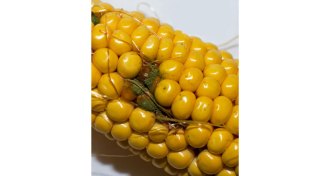 Genetics
GeneticsHow to grow toxin-free corn
Corn genetically altered to produce specialized molecules may prevent a fungus from tainting it with carcinogenic toxins.
-
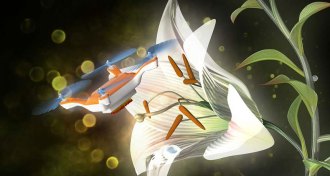 Agriculture
AgricultureFleets of drones could pollinate future crops
Chemist Eijiro Miyako turned a lab failure into a way to rethink artificial pollination.
-
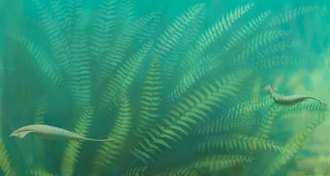 Paleontology
PaleontologyIdentity of ‘Tully monster’ still a mystery
Paleontologists challenge whether the Tully monster actually was a vertebrate because it lacks key vertebrate structures.
-
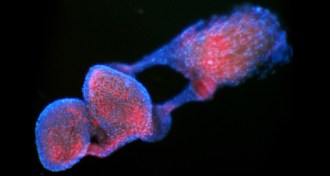 Life
LifeBacteria genes offer new strategy for sterilizing mosquitoes
Two genes in Wolbachia bacteria could be used to sterilize mosquitoes that transmit Zika.
-
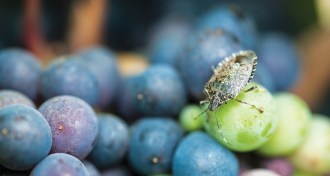 Animals
AnimalsToo many stinkbugs spoil the wine
Stinkbugs can ruin wine if enough are accidentally processed alive with the grapes. Three or fewer stinkbugs per grape cluster don’t have a noticeable effect on red wine.
-
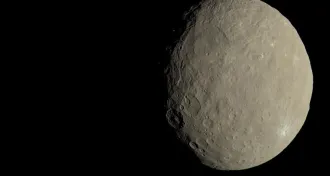 Planetary Science
Planetary ScienceCeres harbors homegrown organic compounds
NASA’s Dawn spacecraft has detected organic matter — the building blocks of life — on the dwarf planet Ceres, a new study suggests.
-
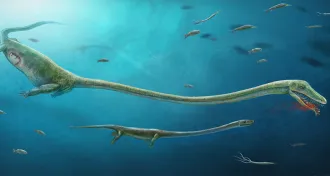 Paleontology
PaleontologyFossil shows that ancient reptile gave live birth
A new fossil shows that a prehistoric reptile may have given birth to live young, unlike its egg-laying descendants, birds and crocodiles.
-
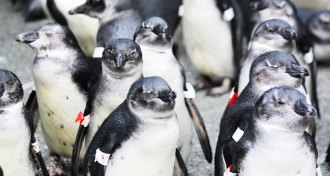 Animals
AnimalsYoung penguins follow false food cues
Juvenile African penguins are being trapped in barren habitats, led astray by biological cues that are no longer reliable because of human activity.
-
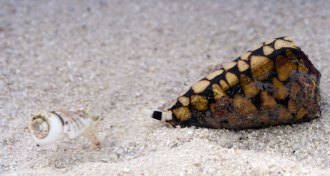 Oceans
OceansCone snails wander in circles, lose focus with boosted CO2
Deadly cone snails wander in circles and become less capable hunters when exposed to higher levels of carbon dioxide in seawater.
-
 Oceans
OceansCone snails wander in circles, lose focus with boosted CO2
Deadly cone snails wander in circles and become less capable hunters when exposed to higher levels of carbon dioxide in seawater.